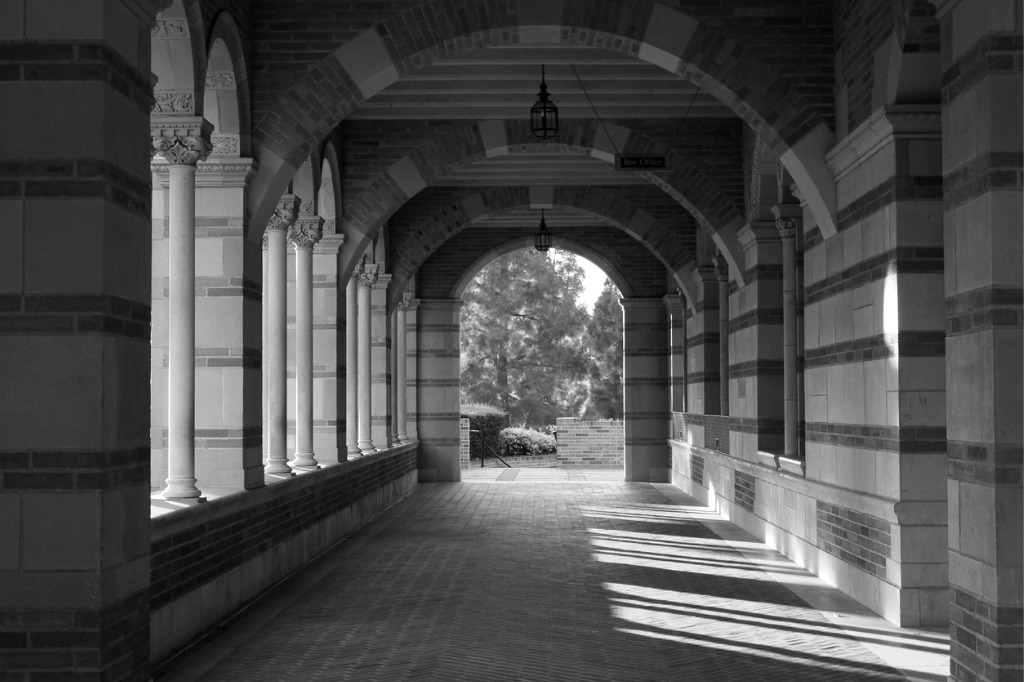The unfolding crisis between Israel and Hamas has led to cascading effects worldwide. Here in the United States, our university and college campuses have witnessed a troubling escalation of tensions as hate crimes, protests, and heated rhetoric prevail. This surge, along with the ongoing threat of an active assailant situation, forces students, faculty, and administrators to continue to confront the specter of violence which looms over the very places that should be bastions of safety and intellectual exploration.
Since the commencement of the war in October, a troubling surge in anti-Arab, anti-Muslim, and anti-Semitic abuse has been reported on college campuses and in major U.S. cities.
Recent incidents include the arrest of a Cornell University student for making violent anti-Semitic threats online; disturbing anti-Semitic emails at the University of Pennsylvania; a hit-and-run at Stanford University that hospitalized an Arab-Muslim student and triggered a hate crime investigation and; the resignation of the University of Pennsylvania amid criticism following a congressional hearing on antisemitism—not to mention scores of protests and reports from Jewish and Muslim students of intimidation on campus.
Multiple groups have sounded the alarm – The Anti-Defamation League said it recorded 312 anti-Semitic incidents, including 190 that were “directly linked” to the war between Israel and Hamas — an increase of 388% over the same period last year, according to the organization. The Council on American-Islamic Relations reported that it received 774 complaints, including reported bias incidents. “The actual numbers may be higher,” the organization told NBC, “as hate crimes against Muslims in America remain massively underreported.”
Even President Biden has weighed in, outlining steps to intervene in what he called an “alarming rise” in anti-Semitism on college campuses. Officials at a division of the Department of Homeland Security (DHS) are reportedly “up to their eyeballs” in requests for assistance, and the Cybersecurity and Infrastructure Security Agency (CISA), apparently faces a backlog of weeks or more due to a surge in calls. Earlier this month, the FBI and DHS issued a warning for lone actor violence targeting large public gatherings throughout the winter, including First Amendment protected events.
All said, universities nationwide are under growing pressure to address the escalating issues of anti-Semitism and Islamophobia, and the potential risks they pose on campuses. At Group Nine Risk Consulting, we believe that in times of conflict and of peace, a proactive approach to campus security is essential.
🛡️ Proactive Security: Beyond Incident Response
Navigating modern activism’s complexities, especially amid campus tensions from the Israel-Hamas crisis, requires discernment between authentic student activism and threats. The shift to proactive campus security underscores the need to anticipate and prevent issues. Recent events highlight the importance of careful navigation at the intersection of politics, education, and free speech for the safety of the academic community.
🤝 A Community-Based Approach to Prevention
Addressing the multifaceted challenge of campus safety requires a united front. No singular entity possesses a cure-all for these concerns. A community-based approach is an effective means of gathering information from a variety of sources to prevent acts of violence. Stakeholder collaboration involving students, faculty, local law enforcement, and other relevant partners builds a robust foundation for an effective violence prevention strategy.
🌐 Navigating the Complex Landscape of Modern Activism
Distinguishing between authentic student activism and premeditated threats necessitates an understanding of the modern activist landscape. Campus officials must remain vigilant as they navigate the challenge of allowing students to express their opinions without allowing their activism to be highjacked by outside antagonists who share ideological viewpoints but may not adhere to or acknowledge the campus standards for the time, place, and manner of allowable demonstrations. This awareness often includes relationships and education with those organizing demonstrations as institutions balance First Amendment rights with the provision of a safe and secure campus environment.
🔗 Staying Vigilant: A Call to Action
In these tumultuous times, university and college leaders are urged to remain vigilant. Best practices involve staying informed, fostering collaboration, and implementing proactive security measures, to collectively work towards ensuring the safety and well-being of everyone within the academic community.





0 Comments